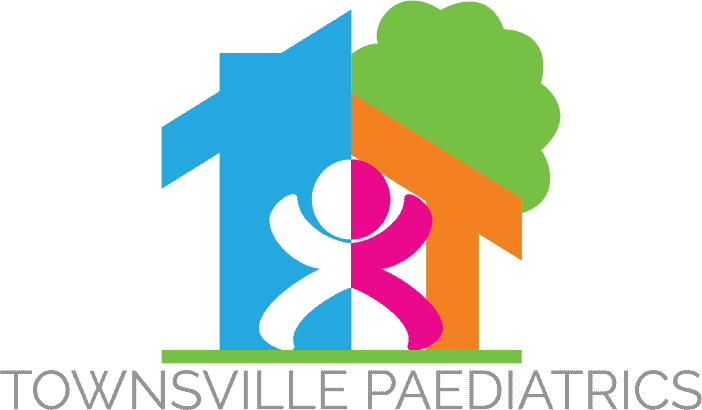Our Paediatricians are specially trained in diagnosing many conditions that affect the gastrointestinal system in children. This includes problems with the oesophagus, stomach, intestines, liver, and pancreas or problems with a child’s growth or digestive system.
Your child may have trouble swallowing, be suffering from constipation or unusual bowel movements from lactose intolerance, or unexplainable stomach problems.
Here are five common digestive issues in kids.

Acid reflux happens when contents from your stomach move back up into your oesophagus. This action is also called acid regurgitation or gastroesophageal reflux. If there are symptoms of acid reflux more than twice a week, your child might have a condition known as gastroesophageal reflux disease (GERD). Some of the signs for babies include:
1 .Arching of the back and abnormal movements of the neck and chin (in infants)
2. Choking, gagging, or problems swallowing.
3. Irritability, particularly when it occurs with regurgitation.
4. Loss of appetite or refusing to eat.
5. Complications, such as poor weight gain, cough link, or wheezing.

Lactose is a type of sugar found in milk and milk products. Lactose intolerance happens when a person eats or drinks more lactose than their body can digest. The symptoms of lactose intolerance most commonly include stomach pain and diarrhoea. Lactose intolerance occurs when the body doesn’t have enough of the enzyme (chemical) called lactase, which helps digest lactose. A temporary lactose intolerance can happen after some illnesses, such as gastroenteritis, when the body’s stores of lactase are temporarily reduced, for others it is lifelong. Symptoms include:
1 .Bloating.
2.Diarrhoea.
3. Gassiness.
4. Nausea.
5. Stomach pain and cramping.

Inflammatory bowel disease (IBD) is an inflammation or swelling in the gastrointestinal tract. There are two main types of IBD: Crohn’s disease (CD) and ulcerative colitis (UC). These diseases are not contagious, they are usually genetic or caused by environmental factors like an imbalance in the digestive bacteria.
1. Loose, watery, or frequent bowel movements (diarrhoea)
2. Blood in bowel movements
3. Abdominal (belly) pain
4. Decreased appetite
5. Weight loss
6. Fever
7. Fatigue
8. Joint pain
9. Poor growth

Constipation in children usually isn’t serious. However, chronic constipation may lead to complications or signal an underlying condition. Take your child to a doctor if the constipation lasts longer than two weeks or is accompanied by:
1. Not eating
2. Blood in the stool
3. Abdominal swelling
4. Weight loss
5. Pain during bowel movements
6. Part of the intestine coming out of the anus (rectal prolapse)

A baby might show the first signs of Coeliac Disease soon after starting solid foods such as cereal. Coeliac Disease is an autoimmune disease. It happens when the body has an abnormal immune response to gluten, a protein found in wheat, rye, barley and oats.
When people with Coeliac Disease eat gluten, their bodies mistakenly attack the lining of their small intestine. When the lining of the small intestine is damaged, it’s hard for people to digest and absorb nutrients properly. This can affect physical health, weight and growth.
Coeliac Disease can develop at any age. In children, it can be around 6 months or when solids containing gluten are introduced.
Signs can include:
1. Nausea, vomiting, diarrhoea or constipation
2. Poor appetite
3. Stomach pain
4. Mouth ulcers
5. Anaemia
6. Delayed growth or late puberty
7. Weight loss
8. Tiredness and irritability
If you are concerned about your child’s digestive system, reach out to your GP for a referral to see us.
